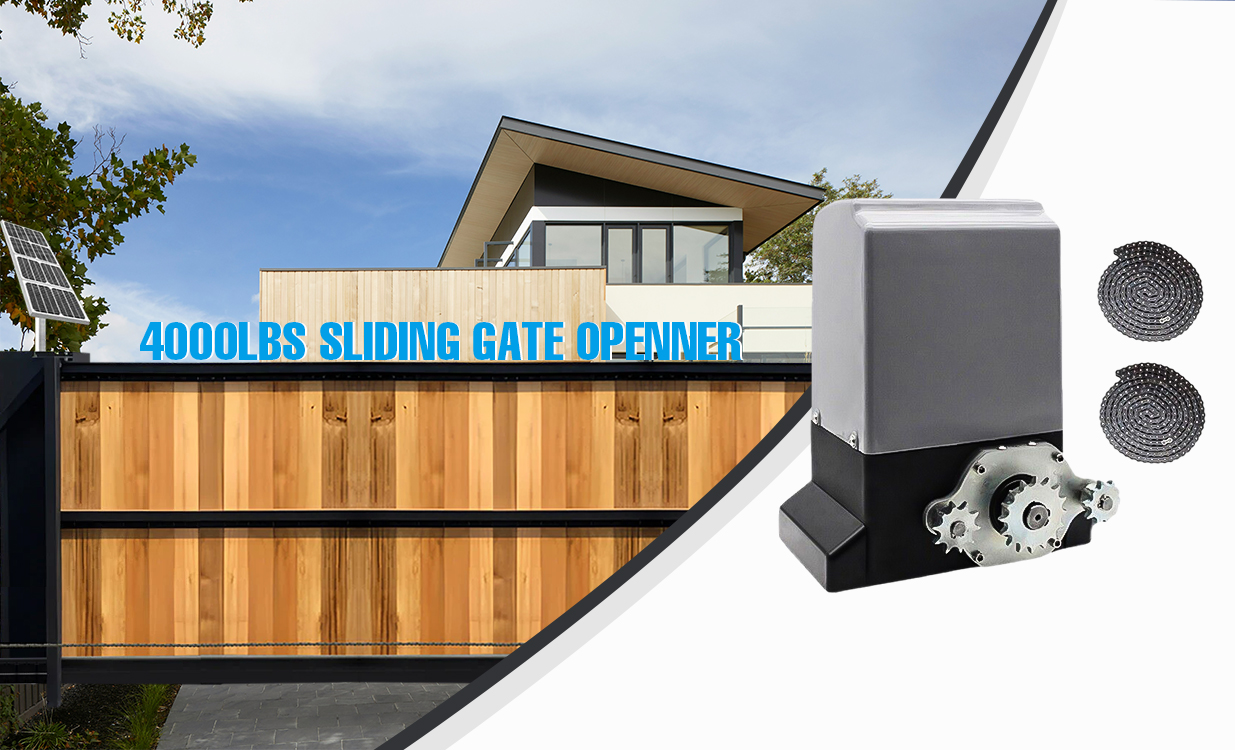Deep well pumps, also known as submersible water pumps, are essential devices for accessing groundwater from deep beneath the Earth's surface. They play a crucial role in providing water for residential, agricultural, and industrial purposes. Let's delve into what exactly a deep well pump is, how it operates, and its advantages.
1. What is a Deep Well Pump?
A deep well pump is a type of submersible pump specifically designed to extract water from deep underground wells. Unlike surface pumps, which draw water from shallow sources such as ponds or rivers, deep well pumps are submerged deep below the water level. These pumps are typically cylindrical in shape and are installed inside the well casing, ensuring efficient water extraction from greater depths.
2. How Does a Deep Well Pump Work?
The operation of a deep well pump is relatively straightforward yet highly effective. Here's a simplified breakdown of its working mechanism:
Submersion: The deep well pump is submerged directly into the well water, usually at the bottom of the well. This placement allows the pump to access water from significant depths without the need for priming.
Impeller Action: Deep well pumps utilize an impeller—a rotating component with curved blades—to create centrifugal force. As the impeller spins, it propels water outward, generating pressure that pushes water up the well shaft and towards the surface.
Motor Power: Deep well pumps are equipped with a motor that powers the impeller's rotation. These motors are often sealed to prevent water from entering, ensuring safe and reliable operation even when fully submerged.
Check Valve: To prevent backflow and maintain consistent water pressure, deep well pumps incorporate a check valve in their design. This valve ensures that water flows in only one direction—upward towards the surface—once the pump is activated.
Delivery System: Once the water reaches the surface, it is channeled through pipes or hoses to its intended destination, such as a storage tank or distribution network. From there, it can be utilized for various purposes, including drinking, irrigation, or industrial processes.
3. What are the Advantages of a Deep Well Pump?
Deep well pumps offer several advantages over traditional surface pumps, making them the preferred choice for accessing groundwater in deep wells:
Efficiency: By being submerged directly into the water source, deep well pumps minimize energy loss associated with lifting water from greater depths. This results in higher efficiency and lower operational costs over time.
Reliability: Deep well pumps are designed for long-term operation in challenging environments. Their submersible construction protects them from external factors such as weather, debris, and vandalism, ensuring reliable performance even in remote locations.
Versatility: Deep well pumps are available in various sizes and capacities to suit different well depths and water requirements. Whether for residential use or large-scale agriculture, there's a deep well pump model to meet specific needs.
Space-saving: Unlike surface pumps, which require above-ground installation and additional infrastructure, deep well pumps take up minimal space since they are submerged within the well itself. This makes them ideal for locations with limited surface area or where aesthetics are a concern.
In conclusion, deep well pumps play a vital role in accessing groundwater from deep underground sources. Their efficient operation, reliability, and versatility make them indispensable for ensuring access to clean water for communities around the world. Whether it's for residential, agricultural, or industrial applications, imeshbean deep well pump is often the best solution for tapping into the Earth's hidden water resources.





